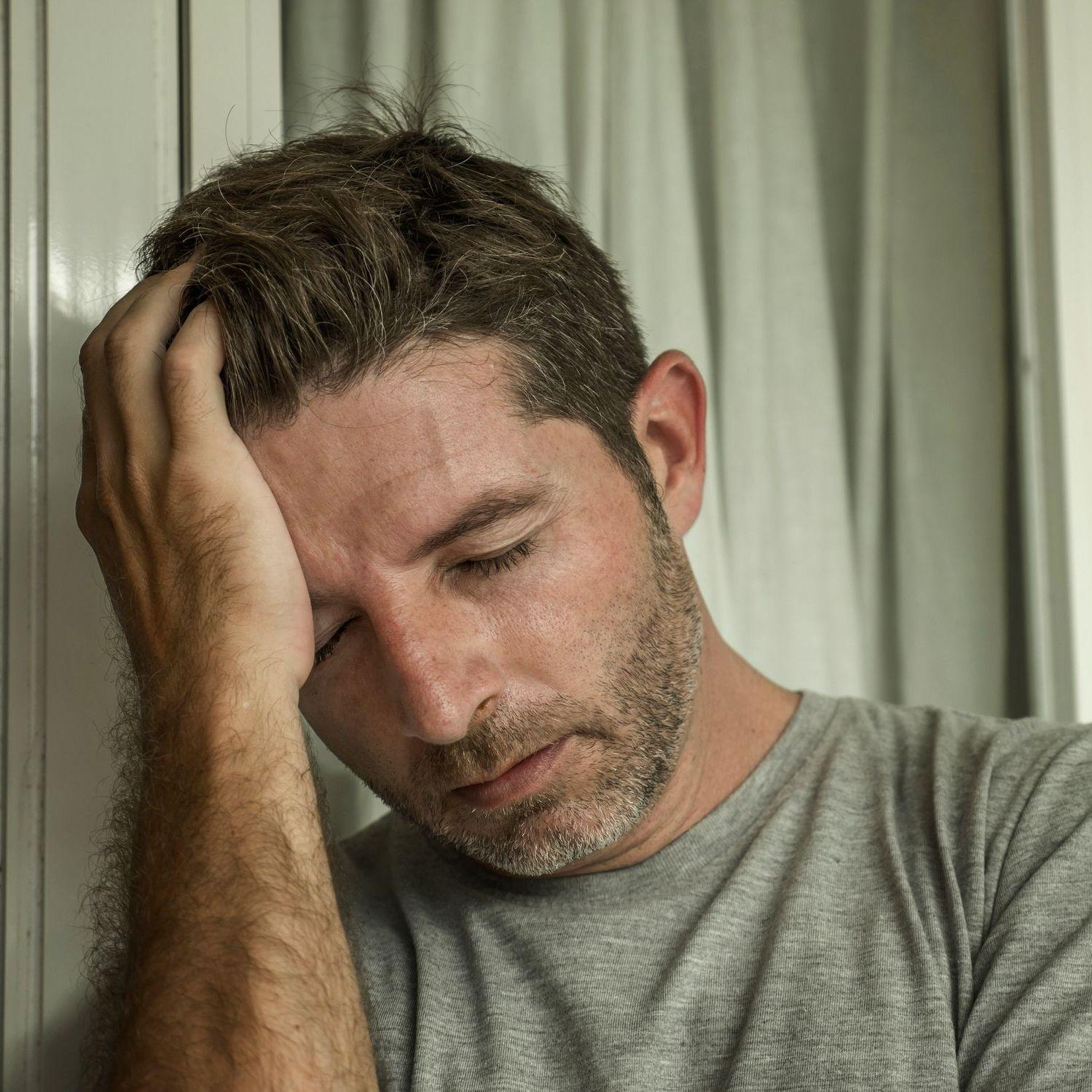September is National Suicide Prevention & Awareness Month, a time to talk openly about mental health and the complex factors that influence it. One factor that’s often overlooked? Hormonal balance.

In men, low testosterone levels have been linked to depressive symptoms, lower mood, and reduced quality of life. While testosterone is most often associated with physical traits like muscle mass and libido, its role in mental health deserves more attention, especially as men age.
Let’s explore how testosterone impacts emotional health, what the science says about low testosterone and depression in men, and how addressing hormonal imbalance could play a role in better mental well-being.
Let’s Talk About Depression
Depression can affect anyone regardless of sex, but men may be less likely to recognize and openly discuss their emotions, meaning they are at greater risk for being undiagnosed.
Symptoms of depression vary based on the individual but can include irritability, difficulty concentrating, impulsivity, and substance use. These patterns often go unnoticed or are mistaken for personality or lifestyle issues, making it harder for men to get the support they need.
However, there may be another factor at play beneath the surface: declining testosterone.
Research On Testosterone and Depression
In a 2020 review published in Andrology, researchers found that depression is common in men with low testosterone, particularly in aging males or those with late-onset hypogonadism.
This means that depressive symptoms like fatigue, sleep issues, lack of motivation, and even social withdrawal may not only be psychological, but may reflect a hormonal imbalance affecting the brain's ability to regulate emotions.
Additionally, in a systematic review and meta-analysis published in JAMA Psychiatry, researchers examined data from over 1,800 men and found that testosterone treatment was associated with a significant reduction in depressive symptoms.
This aligns with previous research suggesting that testosterone plays a role in modulating key neurotransmitters, including serotonin and dopamine, which are central to mood regulation. When testosterone levels are low, the function of these brain chemicals may become disrupted, increasing the risk of mood disturbances and emotional instability.
Another explanation comes from a 2015 review published in Frontiers in Neuroscience, which noted that testosterone receptors are found in areas of the brain associated with mood and cognition, including the amygdala and hippocampus. This biological connection may explain why anxiety and depressive symptoms are more common in men with hypogonadism.
Emotional Symptoms of Low Testosterone

While testosterone is far from the only factor influencing mental health, it may underlie or worsen symptoms in men already struggling with depression or stress. Some emotional and psychological symptoms associated with low testosterone include:
- Cognitive dysfunction
- Reduced motivation
- Poor concentration
- Poor memory
- Irritability
These symptoms often overlap with the signs of depression in men, but because they may also be attributed to aging or burnout, the underlying hormonal imbalance is frequently missed.
This is especially concerning because men are statistically less likely to seek mental health support, yet have a 4x higher suicide rate than women.
Are We Missing the Signs in Men?
Many men never get their hormone levels tested, even when presenting with signs of depression and low testosterone. This may be due to the stigma surrounding both the mental and physical aspects of men’s health.
Additionally, men may also be less likely to talk about emotional symptoms, leading clinicians to focus on physical complaints or prescribe antidepressants without investigating underlying causes.

However, understanding the link between testosterone and depression is important, especially during midlife, when hormone levels naturally decline. This stage is known as andropause, or “male menopause,” as some have put it.
While the term “male menopause” is debated, research supports that men can experience a cluster of symptoms tied to testosterone decline that impact mood and quality of life.
The Role of Testosterone in Men’s Mental Health
If a man presents with depressive symptoms, especially alongside fatigue, low libido, or muscle loss, it’s worth evaluating testosterone levels. Testosterone replacement therapy (TRT) is not a cure-all for depression, but for men with clinically confirmed low testosterone, it may provide emotional improvement alongside standard mental health interventions.
Importantly, the decision to pursue TRT should be made in consultation with a healthcare provider, with appropriate bloodwork and symptom assessment.
If you’re curious about your testosterone levels, click here to order an at-home men’s health panel.
Take a Holistic View of Men’s Emotional Health
The conversation around depression in men must expand to include hormonal health. Ignoring the role of testosterone may mean missing a crucial piece of the puzzle, especially for men who don’t respond to traditional mental health treatments.
By recognizing the link between testosterone and depression, healthcare providers and patients alike can take a more holistic, informed approach to mental health. For men struggling with low mood, emotional numbness, or loss of drive, checking testosterone levels could be the first step toward renewed strength and well-being.
Want to learn more about testosterone and men’s health? Sign up for our newsletter for expert tips and insights.
.svg)


.svg)
.jpg)





